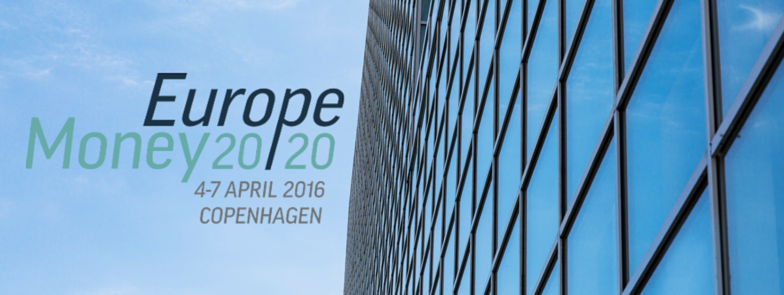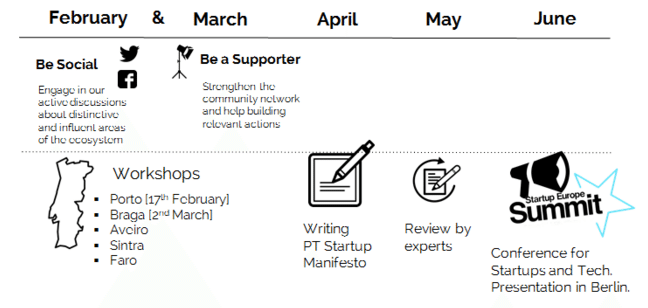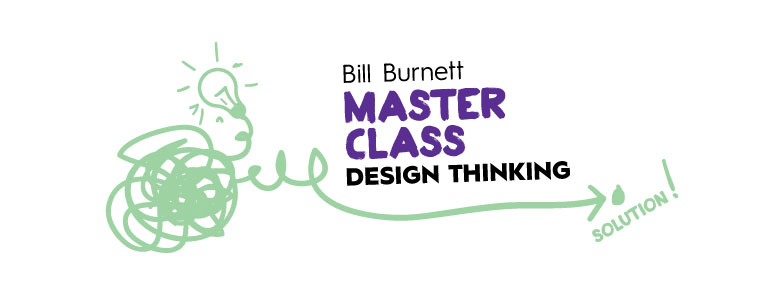
by maria | Mar 7, 2016 | Uncategorized

Bureaucracy is just one of those words everyone hates, especially when it comes to the public sector…
How many times have you actually taken the day to dive into bureaucratic paperwork and found yourself screaming in the waiting room because you can’t keep up with the complexity of things?
Pretty much like Kendrick Lamar screaming in that hotel room, you don’t want to get the evils of bureaucracy all around you… so, you need to go running for answers.
And that’s where Startup Simplex comes in. With this program, the Portuguese government wants to turn these complex nightmares into spontaneous day-dreams, with your help.
In other words, if you have a product, idea or service that might improve the relationship between the public sector and the average citizen, go ahead and apply for Startup Simplex and make it happen.
It’s all about keeping it simple.
Check out all the details of this program here and apply by the 20th of April.
The post Startup Simplex: Keeping it Simple and Fighting Bureaucracy appeared first on Lisbon Challenge.

by maria | Mar 2, 2016 | Uncategorized

Remember that essay from Y Combinator’s Paul Graham called “Do Things That Don’t Scale”? It is, without a doubt, one of the best essays for early stage startups, where Paul talks about several unscalable things that startups should focus on while trying to grow.
And as it turns out, one of those things is actually customer service, or what he calls ‘Delight’. Paul Graham highlights this ‘Delight’ factor to make your customers feel that “signing up with you was one of the best choices they ever made.”
Truth is, customer service (or lack of it) can make it or break it, for you and your startup. We all know it’s important, but why and how should you do it? How can you make your users happy and not screw up? How can you get the right feedback to improve your product?
Here are some tips on customer service that you can easily use for your early stage startup:
1. Make your early adopters happy
Take your time to listen to your customers and, just like Paul Graham wrote in his essay, make an effort to delight them. Wufoo, for instance, sent a handwritten thank you note to each new user, and Uniplaces, our alumni from Lisbon Challenge, actually picked up students at the airport and gave them a ride to their new home. Think of what you can do to surprise your users and customers and remember that bigger companies can’t really do that because they’re already too big to take this kind of effort.
2. Keep it personal
No matter what you do, keep it personal. At first, avoid those email templates and automatic replies, just talk to your users and try to understand their needs. Reply to every single message you receive and show that you really care. If you’re a founder, don’t just hire someone to do this for you, it’s important for all team members to see what your users are saying, and even more important to have the founders replying to customer support emails, as it generates a much bigger impact. All this will also help you to narrow down your real target user.
3. Validate your assumptions
Get your users to validate your assumptions. It’s good for you to have an ambitious vision towards the future of your company, especially when you talk to investors. However, that vision needs to be realistic and the only way to check if it is tangible or not is by talking to your customers. According to Carlos Espinal from Seedcamp the problem is that “unless your customers validate your assumptions shortly after your successful fundraise, you may find yourself going down the wrong path to keep up an “appearance” rather than re-focusing on what you know to be the real value to your customer.”
4. Make it easy for people to reach out to you
This comes down to the basics. Don’t just create a contact form on your website for your users to fill in. Instead, make it easy for them to provide feedback and reach out by having an email address for customer service really visible on your website. You should also consider having a live chat, so that your users can immediately reach you, in any page of your website. In the past I have used Olark, that is super easy to integrate and to start using.
5. Don’t do everything they tell you
Your users might tell you all kinds of things and not all of it is actionable, at least for the time being. It’s entirely up to you to filter that information. Don’t just build random features because a couple of users told you they want it. See first if all that is aligned with your strategy for the future and decide whether it makes sense or not. And when you reply to those users who so kindly asked you for something but you feel that’s not a priority for your business don’t give them a straight ‘no’ as an answer, give them instead a ‘not yet’.
6. Get this book to help you out
This book is really a must read for all entrepreneurs. It’s called “The Mom Test” by Rob Fitzpatrick and it’s all about “how to talk to your customers and learn if your business is a good idea when everyone is lying to you”.
In the end, it all comes down to the commitment you’ve made, as an entrepreneur, with your customers, because they are the ones who truly matter. And always remember that those early adopters are your best advocates if you get this right. So, don’t just acknowledge the importance of customer service, go for it and do it.
The post A Beginners Guide on How to do Customer Service for Early Stage Startups appeared first on Lisbon Challenge.

by maria | Feb 29, 2016 | Uncategorized

For all those in fintech, Money 20/20 probably rings a bell. This is the world’s largest fintech conference, held in Las Vegas, every year. However, for 2016, they’ll organise a second conference in Europe, in Copenhagen, this April.
For this reason, Money 20/20 has been gathering key players in the fintech industry across many different cities in Europe, and this time they’re coming to Lisbon.
This Friday, in our office at Beta-i, we’ll have a meetup, to address the latest trends and challenges in fintech. We’ll talk about how fintech has broken through the public consciousness, how and why it has gained the interest from top VCs, and why being based in NY or London sometimes matters for this business.
To talk about all this we have invited Filipe Neves, from Feedzai, Sebastião Lancastre, CEO of EasyPay, Pedro Fonseca, CEO of Crowdprocess, and Pat Patel, Content Director at Money 20/20.
If you’re building a fintech business in Lisbon, join us on Friday. Just make sure you register here.
The post Money 20/20 is having a fintech meetup in Lisbon appeared first on Lisbon Challenge.

by lc | Feb 26, 2016 | Uncategorized

The national movement already started!
Check how can you join and manifest yourself!
The Portuguese Startup Manifesto movement was launched during the Startup Europe Week 2016 @LISBOA.
If you didn’t have the opportunity to join the event, here’s an update of the ongoing project.
Several parties from the entrepreneurship ecosystem came together, such as incubators, accelerators, business angels, entrepreneurs, government members, and after presenting the arguments that led to the decision of incorporating Portugal in the European Startup Manifesto movement, this community movement was launched.
During the next four months the Portuguese startup scene will work hard and raise its voice to express all their challenges and innovative ideas, to boost the growth and sustainability of this ecosystem in Portugal.
Here you can have a look at the overall planning for this project that will be presented at the Startup Europe Summit in Berlin, in the beginning of June.

Speak Now. You will be heard.
The Portuguese Startup Manifesto is a document created by the startup community and for the community.
Be part of this, follow the movement, share your opinion on social media, using the hashtag #PTstartupmanifesto and engage in an active discussion at the nearest event.
This is the time to be a change-maker, take advantage of this opportunity.
P.S.: Remember that on the 2nd of March we’ll be in Braga for a small meet-up to listen to your ideas on how to make the Portuguese startup scene greater.
The post Portuguese Startup Manifesto – Join the Movement appeared first on Lisbon Challenge.

by maria | Feb 18, 2016 | Uncategorized

“Design may have its greatest impact when it’s taken out of the hands of designers and put in the hands of everyone.” Tim Brown, CEO of IDEO
What is the first thing that comes to your mind when you hear the word ‘design’? We bet it has something to do with aesthetics and fashion trends – making things look pretty, right?
But design is much more than that, and it can be much more than that for you.
Truth is, in times of change we need new ideas, and we can’t have new ideas by taking conventional approaches and old ways of thinking. In other words, we need new ways of tackling problems, and that’s what we can learn from Design Thinking (especially if you’re not a designer).
So, if you want to be a great leader, innovator and problem solver, join us, this March the 18th, for an amazing full-day workshop with Bill Burnett, the Executive Director of the Design Program at Stanford, on “Design Thinking and the Art of Innovation”.
Bill Burnett is the Executive Director of the Design Program at Stanford. He directs the undergraduate and graduate program in design and teaches at the d.school. He received has worked in start-ups and Fortune 100 companies, including seven years at Apple designing award-winning laptops and a number of years in the toy industry designing Star Wars action figures.
This is a great opportunity for all entrepreneurs out there. Make sure you get your ticket right here as we only have 50 seats available.
The post Design Thinking Workshop in Lisbon with Apple’s Designer (from Stanford University) appeared first on Lisbon Challenge.







